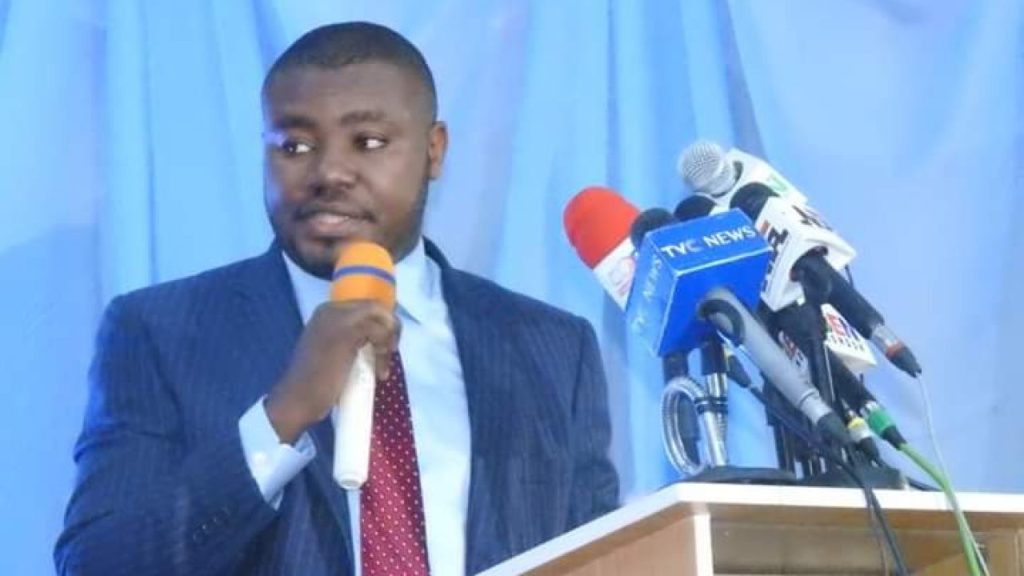A call for the establishment of Supreme Courts in all 36 states of Nigeria to align with the principles of federalism has gained prominence, notably advocated by Senior Advocate of Nigeria, Dr. Kemi Pinheiro. This proposal was put forward during the public presentation of a book titled “The Supreme Court of Nigeria: History, Establishment, Jurists and Speeches,” co-authored by Lagos State Attorney-General and Commissioner for Justice, Lawal Pedro, SAN, and Abdulrasheed Ibrahim.
At the event in Ikeja, Mr. Pinheiro emphasized the need for each state to have its own supreme court, drawing parallels with the state-based supreme court system in the United States. He highlighted the mismatch in jurisdictional issues, questioning why matters such as matrimonial disputes and customary law cases should automatically escalate to the Supreme Court of Nigeria. He stressed that it was illogical for a judge from one state to rule on matters governed by the laws of another state, advocating for a more decentralized judicial structure.
Moreover, Mr. Pinheiro proposed a limitation on the Supreme Court of Nigeria’s jurisdiction, focusing solely on appeals stemming from federal court jurisdictions, such as the Federal High Court and the National Industrial Court. He emphasized the imperative of enhancing the welfare and remuneration of judicial officers, expanding the number of justices at the Supreme Court, and amending the 1999 Constitution to terminate certain appeals at the Court of Appeal.
Lagos State Governor Babajide Sanwo-Olu, represented by the Secretary to Lagos State Government, Abimbola Salu-Hudeyin, commended the Attorney-General for his remarkable literary contribution and underscored the book’s potential to shed light on the historical and contemporary relevance of the Supreme Court.
In his remarks, Governor Sanwo-Olu’s representative articulated the value of the book in providing insights into the journey of the Supreme Court and envisaged its significance for legal practitioners and the wider society in shaping a more equitable and inclusive legal system.
The Chief Judge of Lagos State, Justice Kazeem Alogba, echoed the sentiments expressed by Mr. Pinheiro, envisioning the book as a catalyst for redefining the jurisdiction of the Supreme Court. He emphasized the need to curtail the inflow of certain matters to the Supreme Court, thereby streamlining the judicial process and thwarting dilatory tactics employed through unwarranted appeals.
Chairing the event, the immediate past Chairman of the Body of Benchers, Chief Wole Olanipekun, substantiated the importance of the Supreme Court as the pinnacle of the legal profession, accentuating the historical significance of the discussions and literary endeavors that transpired during the presentation.
Furthermore, Lawal Pedro, in his welcome address, highlighted that the book encapsulated the essence of the Supreme Court’s establishment and composition, providing a repository of 48 valedictory speeches delivered by retired justices. This compilation offers an invaluable opportunity to glean from the collective experiences of the apex court’s former justices, both living and deceased, thereby enriching the understanding of the court’s evolution.
In conclusion, the resounding advocacy for establishing state-level supreme courts elucidates the evolving discourse surrounding the structure and jurisdiction of Nigeria’s judicial system, pivoting towards a more decentralized and streamlined approach. The convergence of legal luminaries and the publication of insightful literary works marks a pivotal moment in shaping the future of the Nigerian judiciary.
[Keywords: Supreme Court, Nigeria, federalism, State Supreme Courts, legal system, jurisdiction, judicial reform, decentralization, legal profession, judiciary, Lagos State, constitutional amendment]



